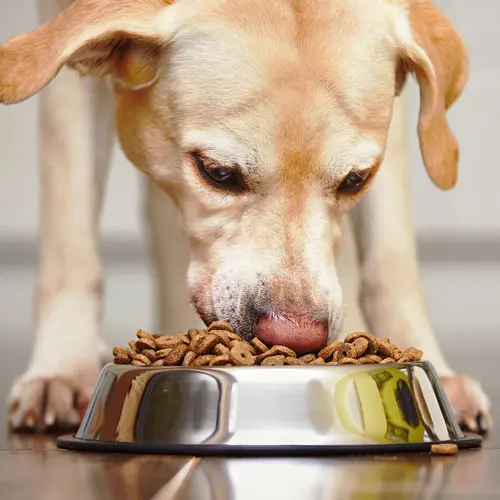Your dog can’t help but be curious. It's in their nature to rely on their nose to help them find exciting things. Skunks are an exciting smell for your dog -- at least at first.
Skunk Spray Symptoms in Dogs
When dogs get sprayed by a skunk, they exhibit many of the same symptoms humans do. The most notable is the smell. You might also see some or all of the following immediate symptoms:
- Red eyes
- Rolling around on the ground
- Rubbing the face
- Sneezing
- Vomiting
- Drooling
- Temporary blindness
The blindness caused by a skunk’s spray is temporary. Skunk spray is known to cause breathing problems in humans, so it is important to watch your dog closely in case they develop it as well. Some symptoms won't show up until the next day or even days later. Some of these might be:
- Weakness
- Lethargy
- Pale or brown gums
These symptoms are rarer, but you should pay attention to your dog for about a week to see if they develop any of these as well.
Treatment for Skunk Spray
The first step is to get your dog clean. There are many different solutions recommended, but if you want to make one yourself, a mixture that includes hydrogen peroxide, baking soda, and mild dishwashing soap may be the best bet.
Wet your dog and work the cleaning solution into their fur and let it soak for five minutes. Try to keep it out of their eyes and mouth. Rinse your dog's fur thoroughly until there are no more suds. You may also want to try to flush your dog’s eyes with cool water or a saline rinse if they’re red and irritated.
There are also commercial cleaning products to choose from at your local pet and grocery stores. Follow the instructions on the product.
If your dog’s initial symptoms don’t begin to go away within a few hours, or your dog begins to show some new symptoms, call your veterinarian right away. They’ll run tests and also determine if the skunk bit your dog. Skunks have the potential to also carry rabies.
Make sure your dog's rabies shots are up to date.
Skunk Spray Prevention
Skunks can find their way into — and spray — all sorts of places. They can crawl in through doggy doors, get into garages, and hang around carports. If skunks are common where you live, the only way to keep one from spraying your dog is to make sure your pet doesn’t get around them.
Make sure to close your garage doors and lock the doggy doors when you’re not monitoring them. It might be best to keep your pet contained in a fenced yard or on a lead or leash to limit the chances of them encountering a skunk.
Try not to leave pet food or water outside as this can attract skunks. If you notice holes near the base of your house or have a porch that allows animals to crawl under it, fill the gaps to prevent them from getting under your house. Skunks like to den in areas that are concealed and dark. If you have old machinery, cars, or woodpiles, it helps to get rid of them.
If you notice a skunk-like smell near your home but haven’t seen a skunk, it may be mating season. Female skunks may spray male suitors who don't make the cut.
It's also possible you might have a dead skunk somewhere around your house. When skunks die, the sacs that hold the spray open and release the smell into the air.
If you have any questions about treating a dog sprayed by a skunk, contact your veterinarian.


